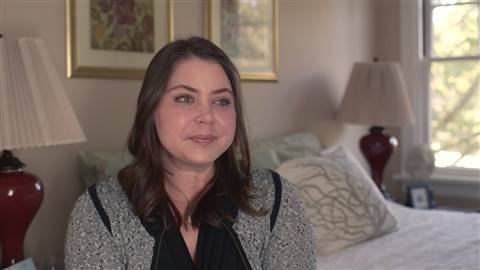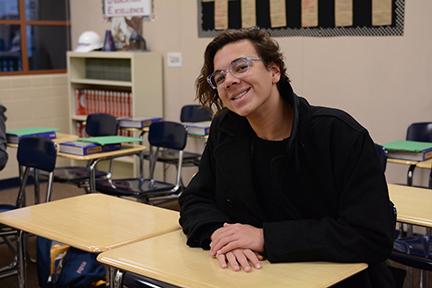Euthanasia–Dying with Dignity
Constitutional right, or sin?

Brittany Maynard, pictured above, in the last month of her life.
December 1, 2014
Euthanasia (noun)–the painless killing of a patient suffering from an incurable and painful disease or in an irreversible coma.
Also called physician assisted suicide when the patient requests to die when suffering from an incurable disease, euthanasia had recently set fire to the debate stage due to the acts of Brittany Maynard.
Brittany Maynard, a young woman of 30 when she chose to die, committed the act by simply taking a pill. No knife was involved, no gun, no rope. Upon finding out that she had terminal brain cancer and was given a short, painful window to live, and she chose to end her life on her own terms. She moved to Oregon, one of the five states of the Union where Physician Assisted Suicide is legal. She left her fiance behind, her whole life. She chose to die when “the time was right,” November 1, 2014.
Following her death, people have taken to the metaphoric streets in protest.
Numerous sides, along with a many more justifications have emerged in response to her death. Advocates of religion claim that God would not have wanted her to end her own life. Advocates of free choice claim that she had the right to her own body. Along with the two blanket sides there are a multitude of other bases as to why she should have, or should have not, done it.
Jordan Weiss (11) believes that “people should be allowed to die with dignity.” She continues to say that “[p]eople should not have to suffer. There is a certain process behind the act of physician assisted suicide and people know what they are doing.” Many share this same view, and it has sparked debate, even in Congress, as to the ethicality of allowing a doctor to kill a patient of their own volition.
As physician assisted suicide is only legal in the United States in the states of Washington, Oregon, Vermont, New Mexico, and Montana, delegates have fierce opposition in standing their ground.
As to Brittany Maynard, her family, along with her recent husband, have come to terms with her decision, as she decided that she wanted to die on her own terms, of her own volition, “when the time was right.” She knew when the doctors told her that her tumor was inoperable that she did not want to face the horrors that a tumor in the brain would put her through, such as nausea, convulsions, and blindness.
Clearly, physician assisted suicide has alleviated much pain and suffering and it is a practice heavily advocated for by people around the globe.





































